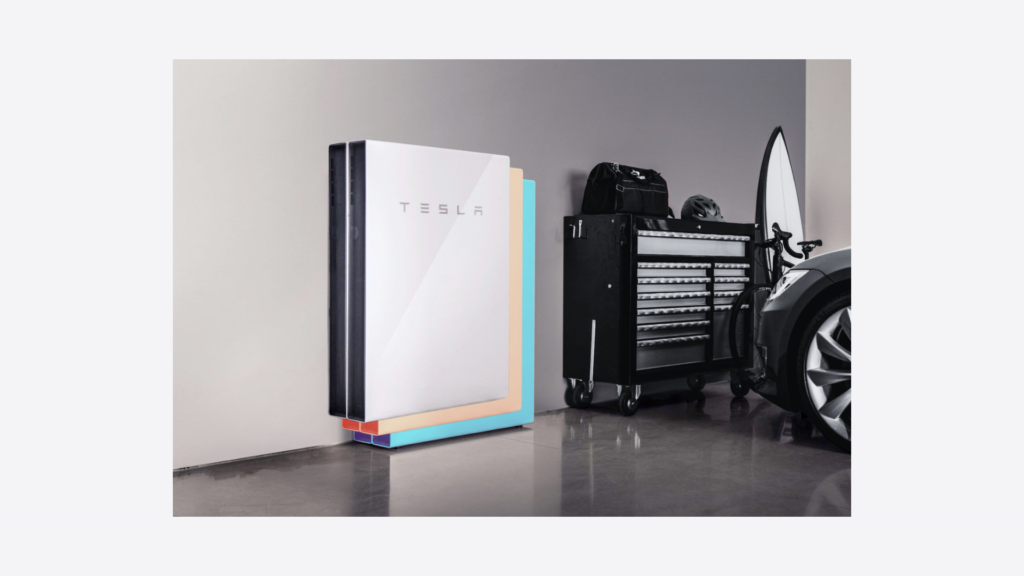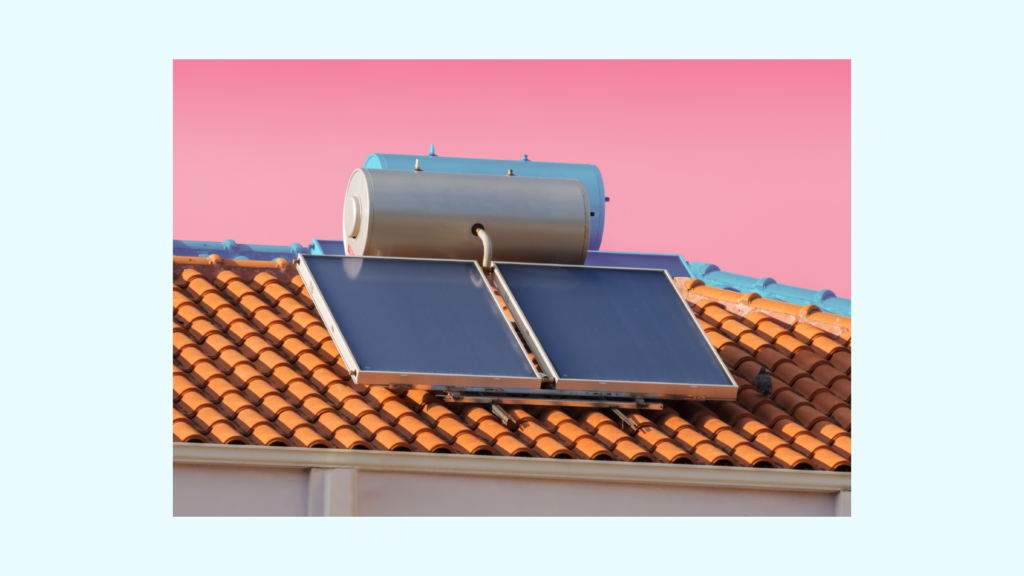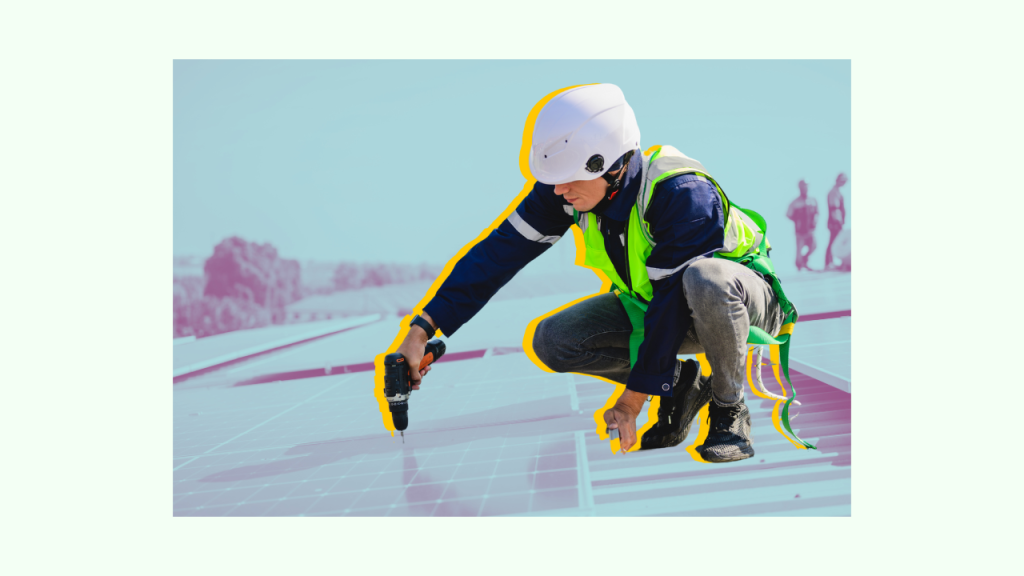Hey there! Ever wondered what a solar battery is? Simply put, they’re like regular batteries, but with a twist – they come with larger capacities and are used to store the energy generated by your solar panel system. You’ll typically find solar batteries in hybrid grid-battery homes and off-grid residences.
If you’re a current solar homeowner, you might be pondering whether solar batteries are right for your setup. We’ve got the answer for you.
In Short, Yes or No to Solar Batteries In Singapore?
For most solar homeowners in Singapore, we don’t currently recommend investing in solar batteries. Why, you ask? Well, mainly due to the high initial cost and relatively modest returns on investment. Plus, you might need more frequent maintenance due to the current state of storage technologies. This recommendation is especially relevant when you consider the availability of rebate schemes for selling excess solar power back to the grid, rather than storing it for nighttime use. The exception, however, applies to homeowners in strata landed homes or condominiums where selling excess solar power isn’t an option.
We may advise against investing in solar batteries in Singapore, but don’t just take our word for it! In this article, we’ll provide you with an in-depth analysis of the reasons empowering you to make the decision that best suits your solar needs in Singapore.
Cost of Solar Batteries and Popular Models
Let’s kick things off with a list of the best solar batteries in Singapore, complete with storage capacity and current pricing for a quick and convenient comparison.
Note: Some batteries may also only be compatible with specific inverters. We generally recommend pairing the Huawei LUNA2000 battery with Huawei inverters, and the BYD Battery Box or LG Chem RESU with Fronius or SMA inverters.
| Battery Brand/Model | Battery Capacity Options | Estimated Price excl. Installation Fees* (S$) | Product Information |
|---|---|---|---|
| Huawei LUNA2000 | 5, 10 or 15kWh | 5kWh: $5,000 to $6,000 10kWh: $8,000 to $9,000 15kWh: $11,000 to $12,000 | Click Here |
| LG Chem RESU | 6.5, 9.8 or 13kWh | 6.5kWh: $7,000 to $8,000 9.8kWh: $10,000 to $11,000 13kWh: $12,000 to $13,000 | Click Here (6.5kWh, 9.8kWh, 13kWh) |
| BYD Battery Box | 2.56, 5.12kWh etc.; modular and stackable | 2.5kWh: $5,000 to $6,000 5.12kWh: $7,000 to $8,000 10.24kWh: $10,000 – $11,000 | Click Here |
Solar Battery in Singapore: The Pros
Let’s take a look at some of the pros of getting a solar battery.
1. Backup Power Source
One of the most straightforward advantages of having a solar battery is its ability to store the energy produced by your solar panel system. Essentially, it serves as a backup power source for your home, ensuring that the electricity keeps flowing even in the rare event of a power outage. Now, it’s worth noting that Singapore boasts a highly stable power grid, and power outages are exceptionally rare. Nevertheless, having this backup in place provides peace of mind, especially during unforeseen circumstances.
2. Reduce Electricity Bills for Units in Multi-Meter Complexes
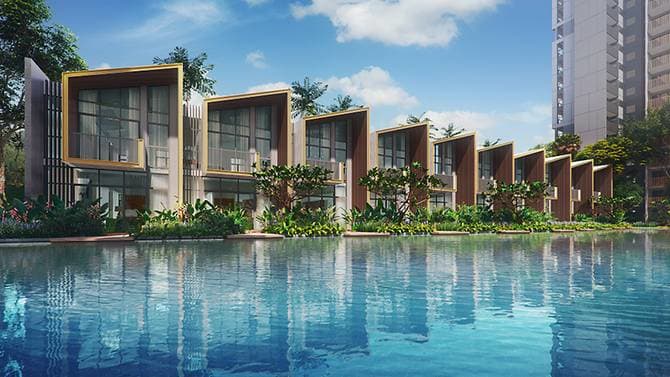
If you’re a resident in a multi-meter complex like a condominium or a strata-landed house, investing in a solar storage system should be on your radar.
But why, you might wonder? Well, here’s the deal: Installing solar panels on a condominium or strata-landed property usually means you can’t take advantage of selling excess energy back to the grid, which is one of the major incentives for going solar in the first place.
However, there’s a clever workaround – consider getting a solar battery. By harnessing the energy stored in the battery, generated by the solar panels on your roof, you can significantly reduce your overall household energy consumption. Less energy used directly translates to lower monthly electricity bills! It’s a win-win.
3. Energy Usage Optimisation
Are you purchasing electricity through the Open Electricity Market (OEM) and have chosen a non-standard price plan that suits your needs? If so, a solar storage system might be the next logical step for you.
Solar batteries are fantastic for storing the energy generated by your solar panel system independently from the grid. And here’s the exciting part: they can be a perfect match for a non-standard price plan. These personalised plans often charge higher rates during your peak usage hours and lower rates during off-peak times.
Now, if your electricity plan tends to cost you more for nighttime usage, getting a solar battery can be a game-changer. You can tap into the energy accumulated in your battery during the day to offset some of those nighttime electricity costs. Your home only draws power from the grid once your battery is depleted.
So, if you’re on a non-standard electricity price plan, it’s definitely worth considering a solar storage system. Just keep in mind that it might require some careful number-crunching to ensure the economics align with your needs.
Solar Battery in Singapore: The Cons
Let’s shed some light on the potential drawbacks of solar batteries in Singapore.
1. High Cost
The most direct consideration would be the cost of solar batteries — they are still awfully high. Although prices are expected to go down with time and technological improvements, for now, a 10kWh solar battery can set you back by S$10,000 on average. This expense can easily account for a substantial portion of your solar panel setup costs, potentially impacting the overall affordability of your solar venture.
2. Missed Financial Opportunities
Storing surplus energy in a solar storage system comes with a trade-off—you miss out on valuable financial incentives like the Simplified Credit Treatment (SCT) Scheme and the Enhanced Central Intermediary Scheme (ECIS). These programs enable you to sell any excess energy generated by your solar panel system back to the grid in Singapore. Given the rarity of power outages in Singapore, choosing to store your system’s energy might mean leaving potential profits on the table!
3. Added Installation Complexity
While a solar panel setup is uniquely tailored to each home, it’s essential to understand that no two solar projects are identical. After an initial online assessment to gauge your roof’s solar potential, site visits to your home are often essential. These visits enable your solar installer to pinpoint the ideal location for each component of your solar PV system, ensuring optimal performance.
Now, here’s the twist: when you introduce a solar battery into the mix, the system design becomes more intricate. This means additional considerations and adjustments are needed, potentially extending the installation timeline. So, while the benefits of a solar battery are compelling, be prepared for a more complex installation process.
4. Durability Challenges in Singapore
Here’s a crucial aspect to consider in sunny Singapore: the durability of solar batteries. Like most batteries, they naturally lose storage capacity over time, leading to shorter cycle lives. And, let’s not forget the sweltering heat of Singapore, especially during the peak of the year. Unfortunately, high temperatures can accelerate the degradation of solar batteries, making them less effective as time passes. So, while harnessing solar power is enticing, the heat can be a formidable opponent when it comes to preserving battery longevity.
5. Maintenance and Warranty Considerations
Introducing a solar storage system into your setup means embracing a bit more maintenance for your solar PV system. While residential solar systems are typically low maintenance, the addition of an energy battery can make it more of a hassle to maintain your setup.
It’s important to note that all batteries contain potentially hazardous chemicals, requiring extra care when it comes to cleaning and maintenance. Some, like Valve Regulated Lead–Acid (VRLA) batteries, even demand specialised attention. Additionally, it’s worth mentioning that warranties for solar batteries tend to be shorter than those for solar panels, with variations based on the brand you choose.”
Our Recommendation
Unless you’re a strata landed homeowner or condominium owner who is unable to sell excess solar to the grid through existing rebate schemes, we strongly advise against getting a battery storage system at this point. In most cases, the disadvantages of having a battery system tend to outweigh its benefits.
However, if you fall into the category of strata landed homeowners or condominium penthouse owners, you can delve into our article on key considerations for getting a storage system for your solar panels.
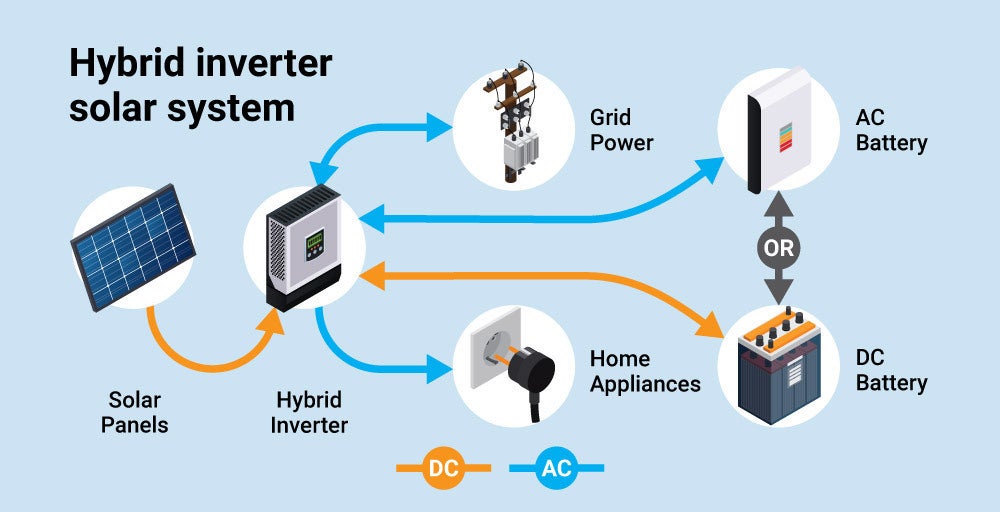
However, if you’re really interested to consider a battery storage system, instead of buying a solar battery right now, we’d recommend considering battery-ready solar inverters. Battery-ready inverters or hybrid inverters are a combination of both a solar and battery inverter. Inverters are needed in a solar panel system as solar panels generate Direct Current (DC) that requires conversion into Alternate Current (AC) for home and appliance usage. Similarly, solar batteries also store energy as DC and will also require battery inverters to convert stored energy into usable AC.
To date, most solar inverters are made to only convert DC from solar panels into AC for usage. They are usually unable to convert battery stored DC into AC and you’ll need to get a separate battery inverter for AC/DC conversion for battery stored energy. Battery-ready inverters help solve this problem and are future proof.
Inverter Recommendations
Interested in getting a battery-ready solar inverter? Here are some battery-ready solar inverters that we recommend checking out! Note however that most inverter brands have a maximum size for current battery-ready solar inverter models. This may not be applicable for homeowners who have a solar system larger than 10 kWp.
| Battery Brand/Model | Max. PV Output Power Options | Product Information |
|---|---|---|
| Huawei SUN2000-M1 | 3, 4, 5, 6, 8 or 10 kW | Click Here |
| Fronius Symo Hybrid | 5, 6.5 or 8kW | Click Here |
| SMA Sunny Boy Storage | 3.68, 5 or 6kW | Click Here |
With solar batteries being incredibly expensive, it may not be feasible to get one right now, but this might not be the case in the near future. Having a battery-ready solar inverter will allow you to upgrade your solar panel system down the line when battery prices have dropped. It might become cost-effective to get a solar battery when they do, and you’d be all ready to do so!
Discover Your Solar Potential Today – Get an Instant Estimate for Your Property!
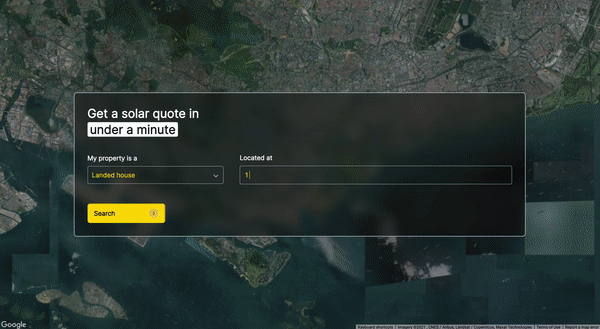
Ready to embrace the sun’s energy? Wondering how much you can save with solar? Try our user-friendly solar assessment tool now and get a free quote now! At GetSolar, we make going solar easy and affordable. Let’s power up your home together!
